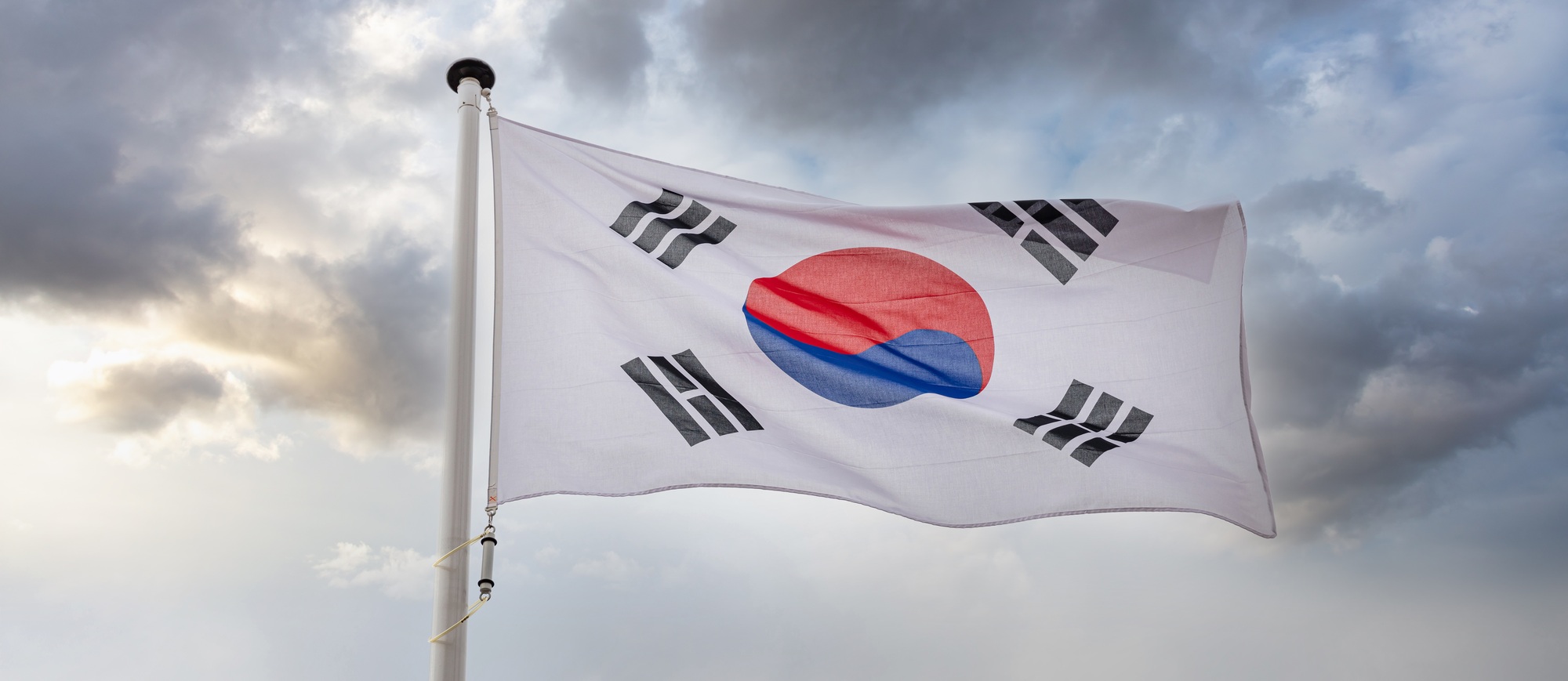Korean Air CEO Walter Cho has issued a candid warning about the impact of President Donald Trump’s tariffs and the broader U.S.-China trade war on international passenger traffic, citing a notable decline on key trans-Pacific and European routes. Still, Cho is resolutely optimistic, maintaining that demand remains strong enough to justify the airline’s U.S. expansion plans.
Speaking with CNN Business this week at Incheon Airport, Cho confirmed that passenger volume is down roughly 5% year-over-year, a seemingly modest decline that could nonetheless translate into up to $100 million in annual revenue loss if the trend persists.
“Korea’s economy is in between the U.S. and China,” Cho said. “We depend on both economies quite a bit. I don’t expect this year to be great, but I hope I’m wrong.”
Trade Tensions Hit Airlines Globally
Korean Air’s concerns mirror those of other major carriers. Delta Air Lines, American Airlines, and Southwest Airlines have all suspended full-year guidance, citing uncertainty linked to trade policy and geopolitical risk. Delta warned of stalling growth, and industry analysts point to a tightening revenue environment even as post-COVID international travel rebounds.
The Biden-era recovery in aviation had restored optimism in global route expansion, but Trump’s second-term protectionist measures, including escalating tariffs and diplomatic friction, have reintroduced volatility for airlines that operate across complex international networks.
According to Tourism Economics, a global advisory firm, if trade tensions worsen, international inbound visits to the U.S. could drop by 12.7%, leading to an estimated $22 billion annual loss in travel spending.
Maintaining Confidence and Routes
Despite the downturn, Korean Air is holding firm on its U.S. service plans, with Cho confirming that the airline will reintroduce Airbus A380 flights from Seoul to Los Angeles this summer and Boeing 747 service to Atlanta, even as U.S. carriers pull back.
“I looked at the reservation data for the summer; it’s very strong,” Cho said. “From mid-June through early September, flights are full.”
Cho also emphasized that a 5–10% drop in traffic does not justify major scheduling changes, particularly when reservation patterns remain robust for peak travel periods.
M&A and Capacity Strategy
Korean Air recently completed its merger with Asiana Airlines, strengthening its position as one of the world’s top international carriers. The combined entity is focusing on network optimization and cost efficiency, even as external conditions remain unpredictable.
The company continues to evaluate costs, Cho noted, though he declined to specify whether further capacity adjustments or fare revisions are under consideration.
Outlook: Uncertainty, But Hope for Resolution
Cho believes that the trade war will end “soon”, a position grounded more in hope than certainty, as tensions between the U.S. and China remain elevated. For now, Korean Air is betting on resilient demand, diversified revenue, and long-haul consistency to weather the policy headwinds.
“The industry is facing turbulence, no question,” Cho said. “But there’s still opportunity if we focus on what’s within our control — quality service, efficient operations, and serving demand where it still exists.”







